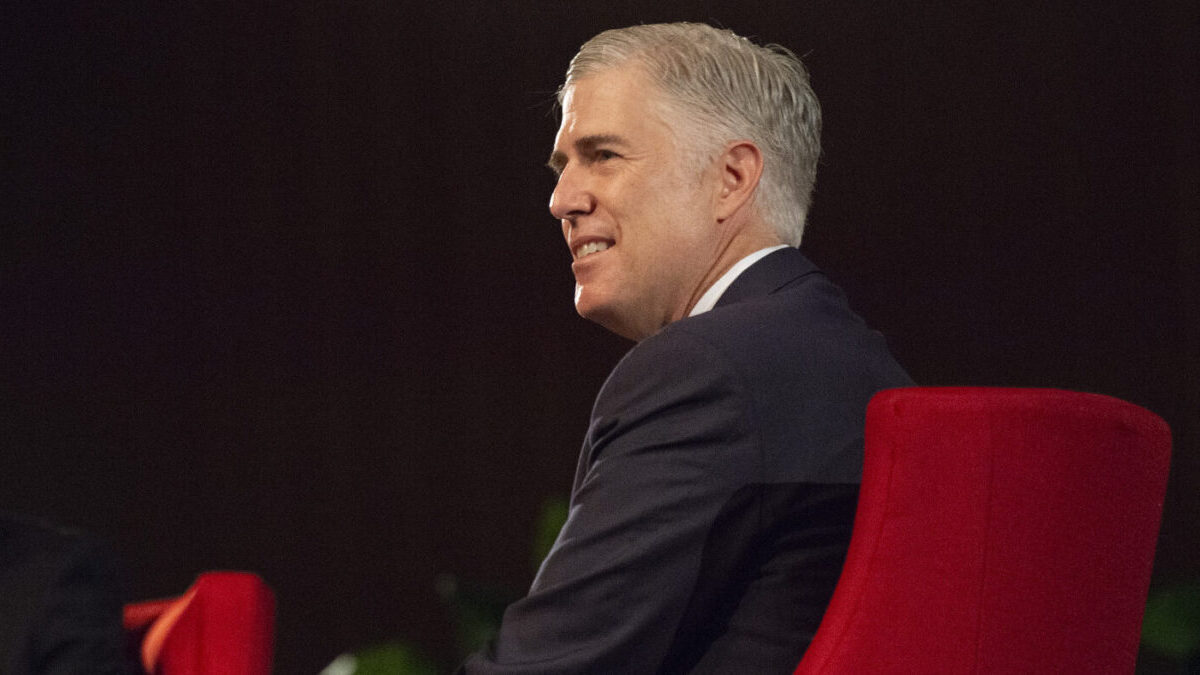Former President Donald Trump has achieved an unprecedented 18-0 record in the U.S. Supreme Court this year, as his solicitor general, John Sauer, successfully challenged lower court decisions that restricted Trump's executive powers. These victories have primarily occurred through emergency applications, often referred to as the "shadow docket," where cases are decided quickly and without oral arguments.
Explainer D.C. Circuit Court Affirms Trump’s Authority Over USAID Funding
The Supreme Court's rulings have favored Trump on a range of issues, including deportations, federal employee layoffs, and spending cuts. Notably, seven of the 18 wins pertain to deporting illegal aliens, five involve the dismissal of unnecessary federal workers, and others address federal spending and military personnel policies.
On Monday, Chief Justice John Roberts granted a stay to Trump regarding a D.C. Circuit ruling that had impeded his ability to remove a commissioner from the Federal Trade Commission. This decision was made swiftly, just two business days after the request was filed, despite the court being on its traditional summer recess.
Significant Rulings in Immigration
Another major ruling came from the Supreme Court on the same day, which stayed a Ninth Circuit decision blocking Trump's deportation efforts in Los Angeles County. Justice Brett Kavanaugh concurred with Sauer's argument that ethnicity can be a relevant factor in determining whether to investigate an individual's immigration status, provided it is considered alongside other factors.
Kavanaugh clarified that while ethnicity cannot solely justify deportation, it can contribute to forming a reasonable suspicion that warrants further investigation. This ruling aligns with a recent immigration operation at a Hyundai plant in Georgia, where illegal aliens from South Korea were apprehended, raising questions about the impact of foreign manufacturers on American jobs.
In addition to the Supreme Court victories, Trump has also seen favorable outcomes in federal appellate courts. A recent ruling in Maryland v. USDA, decided by a Republican-majority panel, supported Trump's authority to lay off thousands of probationary employees across various federal agencies.
As Trump continues to face numerous lawsuits, the Supreme Court is expected to address more cases that challenge lower court rulings perceived as politically motivated. Justice Neil Gorsuch expressed frustration over the necessity of the Court's interventions, emphasizing the obligation of judges to adhere to established precedents.
The Supreme Court is set to reconvene on September 29, where it will review a backlog of petitions accumulated during its recess. The upcoming term is anticipated to bring further scrutiny of lower court decisions that have favored anti-Trump rulings, potentially leading to more reversals in the future.
John and Andy Schlafly, sons of the late Phyllis Schlafly, continue to lead the Phyllis Schlafly Eagles organization, focusing on conservative writing and policy initiatives.
Why it matters
- Trump's 18-0 Supreme Court record underscores his significant influence over judicial interpretations of executive power.
- Victories on deportations and federal layoffs highlight the Court's alignment with Trump's immigration and employment policies.
- The rapid decisions via the 'shadow docket' reflect a strategic use of judicial processes to bolster Trump's agenda.
What’s next
- The Supreme Court will reconvene on September 29 to address a backlog of petitions, potentially impacting Trump's ongoing legal challenges.
- Further scrutiny of lower court decisions is expected, which may lead to more favorable rulings for Trump in the upcoming term.

